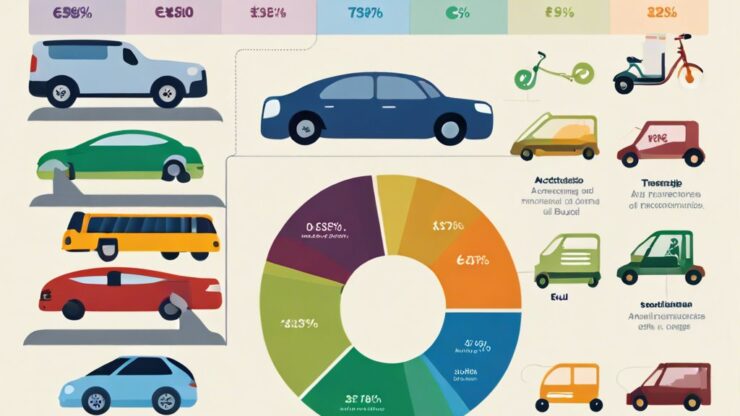Transportation costs are often underestimated in personal and business budget planning. As essential as they are, these expenses can significantly influence your financial stability and overall budget. Whether commuting to work, running errands, or transporting goods, understanding and managing transportation costs is vital for effective budgeting.
Breaking Down Transportation Costs
To accurately account for transportation expenses, it’s essential to break them down into manageable components. This approach not only provides clarity but also allows for more effective planning. Consider the following elements that contribute to overall transportation costs:
- Fuel Expenses
- Maintenance and Repairs
- Insurance Costs
- Public Transportation Fees
- Parking and Tolls
Strategies for Reducing Transportation Expenses
Implementing smart strategies can dramatically reduce transportation costs. With rising fuel prices and maintenance expenses, it’s crucial to explore cost-saving options. Here are some effective strategies:
- Carpooling: Sharing rides can significantly cut down on fuel costs.
- Public Transport: Utilizing buses, subways, or trains can be more economical than driving.
- Regular Maintenance: Keeping your vehicle in optimal condition can prevent costly repairs in the long run.
- Flexible Work Arrangements: If applicable, working remotely can save both time and transportation costs.
Evaluating Transportation Choices
Lastly, evaluating your transportation choices is crucial for budget planning. The decision to own a vehicle versus using public transport or rideshare services can have a profound effect on your overall budget. Take the time to analyze your daily transportation needs, costs, and the benefits of various options to make an informed decision that aligns with your financial goals.
Disclaimer
This article has been created or edited with the support of artificial intelligence and is for informational purposes only. The information provided should not be considered investment advice. Please seek the support of a professional advisor before making any investment decisions.






